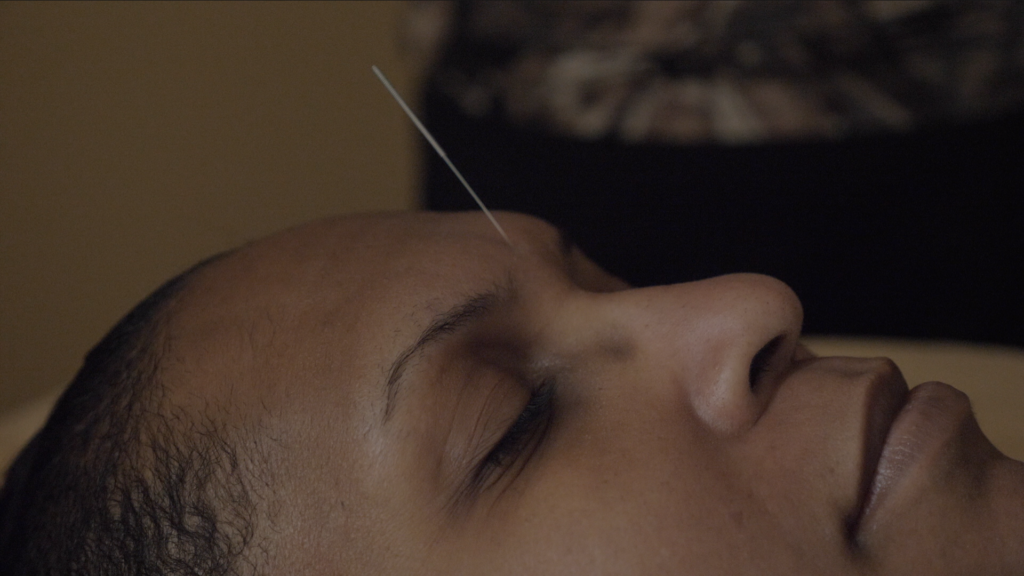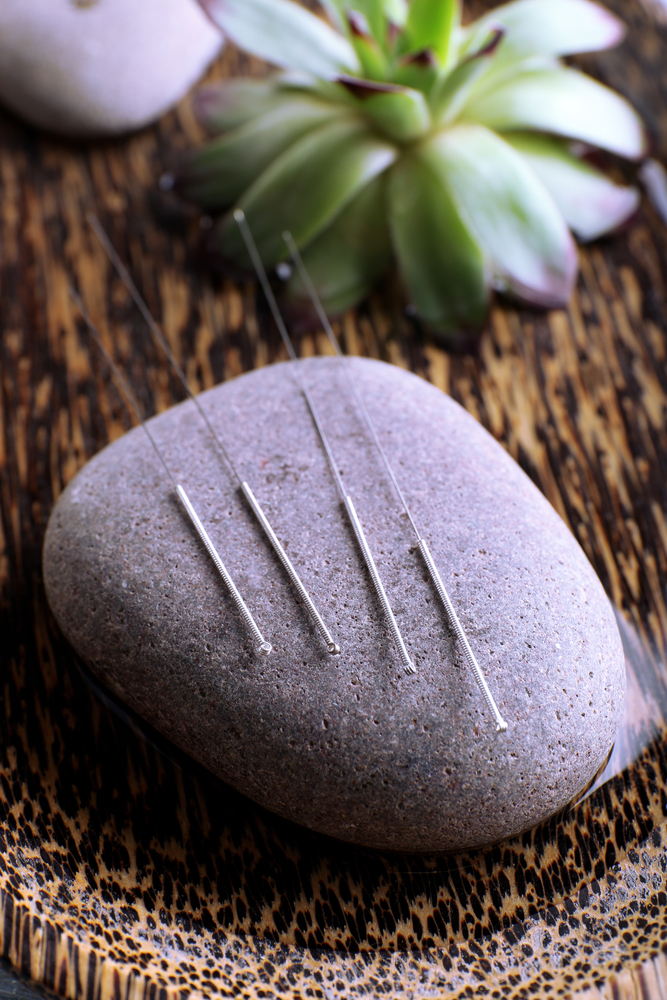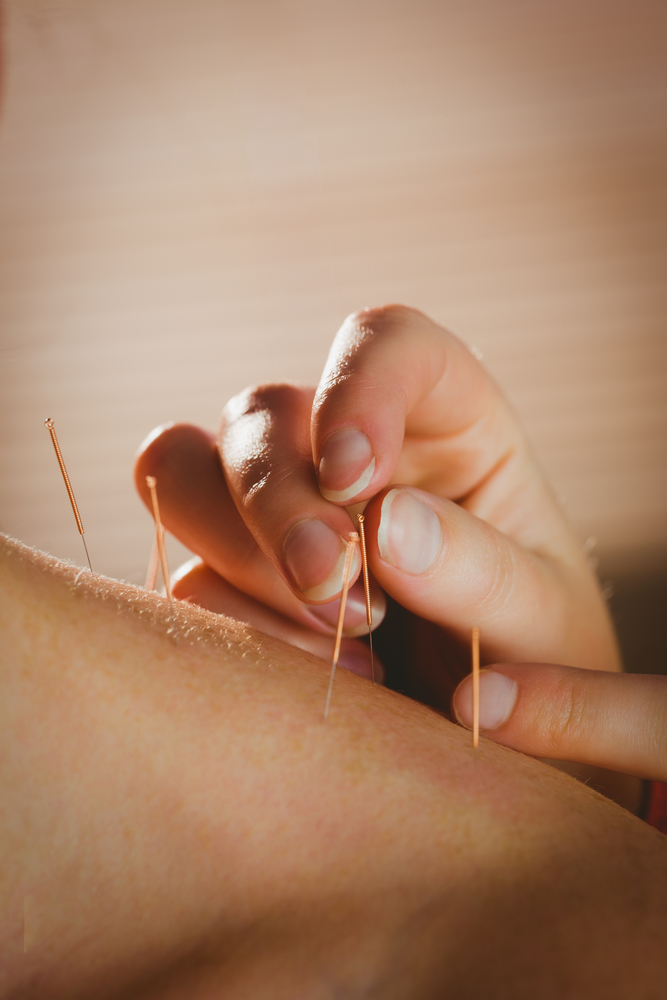
What is Acupuncture?
Acupuncture is a traditional Chinese medical practice that involves inserting thin needles into specific points on the body known as acupuncture points or acupoints. The fundamental principle of acupuncture is based on the concept of Qi (pronounced “chee”), the vital energy that flows through pathways called meridians in the body. According to traditional Chinese medicine, disruptions or imbalances in the flow of Qi can lead to various health issues. Acupuncture aims to restore the balance of Qi, promoting the body’s natural healing abilities.
During an acupuncture session, a licensed practitioner carefully inserts sterile, thin needles into selected acupoints. The insertion of needles is typically painless or may cause only mild sensations like tingling or warmth. The acupuncturist may manipulate the needles gently to stimulate the Qi and encourage its proper flow throughout the meridians. The stimulation of acupoints is believed to regulate the body’s functions, enhance blood circulation, and release neurotransmitters and endorphins, which contribute to pain relief and relaxation.
Acupuncture has gained popularity worldwide as a complementary therapy for various conditions, including pain management, stress reduction, anxiety, digestive disorders, and more. While its precise mechanisms are still the subject of ongoing research, acupuncture’s holistic approach and relatively low risk of side effects have made it an attractive option for individuals seeking alternative or integrative approaches to their healthcare.
Click here for a list of conditions that may be effectively treated with acupuncture.
Benefits of Acupuncture
Acupuncture offers a wide range of general benefits, making it a popular choice as an alternative or complementary treatment to conventional medicine. First, it is known for its effectiveness in managing pain. Whether it’s chronic pain, such as arthritis or back pain, or acute pain resulting from an injury, acupuncture can help alleviate discomfort by stimulating the release of endorphins, the body’s natural painkillers. Moreover, its holistic approach addresses not only the physical symptoms but also the underlying imbalances in the body, promoting overall well-being and enhancing the body’s natural healing capabilities.
Second, one of the appealing aspects of acupuncture is its relatively low risk of side effects compared to some conventional medical treatments. This non-invasive and drug-free therapy is generally well-tolerated, making it suitable for individuals who may have adverse reactions to medications or are seeking more natural treatment options. Acupuncture’s versatility also allows it to be utilized in treating various conditions, including stress, anxiety, digestive disorders, and even fertility issues, making it a versatile and adaptable option for those seeking alternative approaches to their healthcare.


When performed by a qualified and licensed practitioner, acupuncture is generally considered safe. The needles used are sterile and disposable, reducing the risk of infection. However, it is essential to disclose any medical conditions or medications you are taking before starting acupuncture to ensure it is a suitable treatment for you.
Acupuncture is commonly used to address various health conditions, including pain management (e.g., back pain, migraines, arthritis), stress, anxiety, digestive issues, and fertility problems. It can also complement conventional medical treatments for certain conditions. However, it’s essential to consult with a trained acupuncturist or your healthcare provider to determine if acupuncture is appropriate for your specific condition.
Click here for a full list of conditions that acupuncture can help with.
Acupuncture is generally well-tolerated, and most people experience minimal discomfort. The needles used are much thinner than those used for injections, making the sensation more like a slight tingling, warmth, or pressure. Any discomfort is usually temporary and mild. If you have concerns about the treatment, discuss them with your acupuncturist beforehand.
The number of acupuncture sessions required depends on various factors, including the specific condition being treated, its severity, and individual response to treatment. Some people may experience improvement after just a few sessions, while others may require several sessions over a more extended period. Your acupuncturist can provide a personalized treatment plan based on your health needs and progress.
